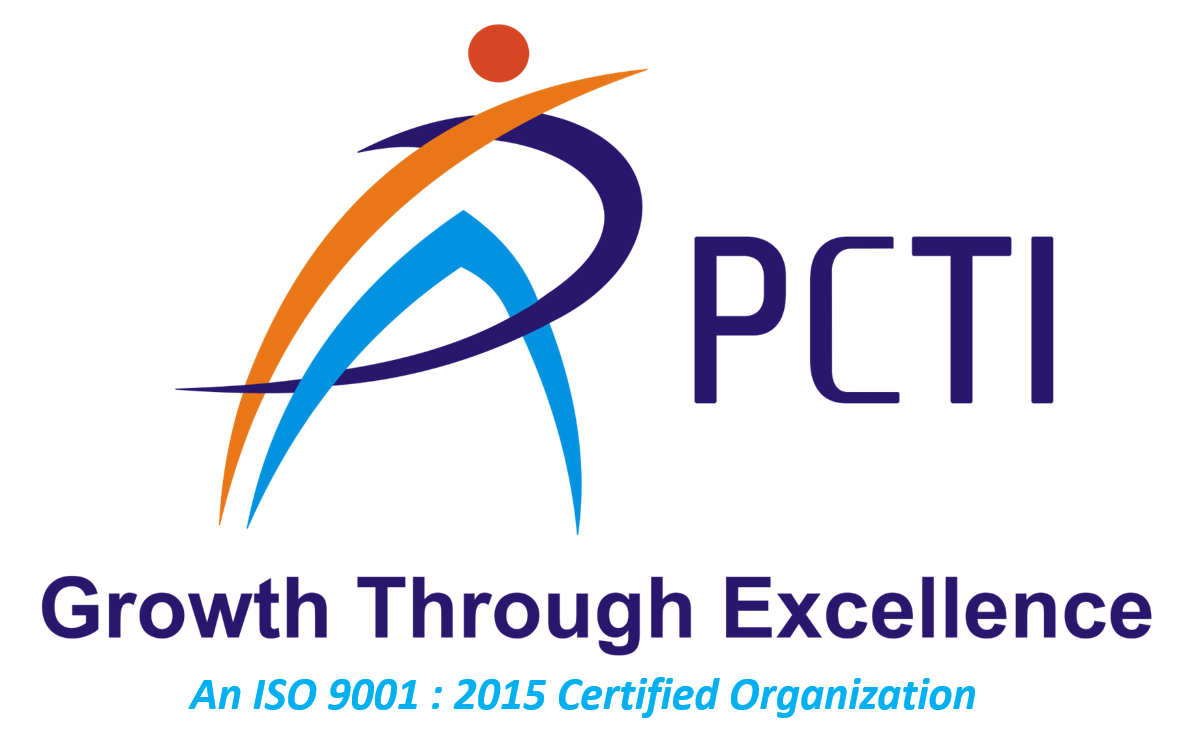AI is the overarching field of building machines that can complete tasks in a manner we consider intelligent. This includes a diverse set of technologies and methods, one of which—machine learning—is a subfield of AI. Machine Learning refers explicitly to the process through which performance at a particular task improves with experience. These algorithms learn from data to identify patterns and make decisions with little human intervention.
The Growing Demand for AI and ML Skills
According to the current studies, the job market for AI and ML will see an increase up to a considerable margin within the next decade. Industries majorly include healthcare, finance, automotive, and retail, among others, whose companies invest considerably so they can outcompete in the market via the integration of AI and ML. All this surging demand creates many opportunities for professionals if they have the right skills
The Growing Demand for AI and ML Skills
A successful professional career in AI and ML requires some essential ingredients: technical, analytical, and soft skills. Key points that need to be focused on are given below:
1. Programming Languages
Knowledge of programming languages is vital for an AI and ML professional. The commonly used languages in this profession are:2. Mathematics and Statistics
A strong background in mathematics and statistics supports learning and developing ML algorithms. The following are vital areas:
- Linear Algebra: This is needed to help explain data transforms and to understand much of the inner workings of many of the ML algorithms.
- Calculus: Important in the optimization of algorithms and understanding how changes in the parameters are affecting model performance.
- Probability and Statistics: Important in making inferences from data and assessing the reliability of models.
3. Data Handling and Processing
AI and ML projects strongly rely on data. The following are key skills that could never be overlooked
- Data Wrangling: Transforming and cleaning raw data into a workable form.
- Data Visualization: The capacity to generate meaningful visual representations from data supporting specific observations and patterns.
- Database Management: Knowledge of SQL and NoSQL databases to store, retrieve, and manipulate large datasets.
4. Machine Learning Algorithms
Understanding a wide range of ML algorithms is essential for selecting the right approach for different problems. Key algorithms include:
- Supervised Learning: The learning technique where regression and classification are, the model trained by labelled data.
- Unsupervised Learning: A category of methods that include clustering and dimensionality reduction, which work with data without labels.
5. Deep Learning
- Subset of machine learning, deep learning implies neural networks composed of many layers. It especially excels in tasks like speech and image recognition. Expertise in deep learning frameworks—TensorFlow or PyTorch—is very much sought after.
6. Software Engineering
- AI and ML professionals need solid software engineering skills beyond data science to build scalable and maintainable systems. This includes:
- Version Control: Capability for working with version control tools, such as Git, to keep track of changes and collaborate on code.
- SDLC - Software Development Life Cycle: Understanding the stages of development, from the collection of requirements to deployment and maintenance.
7. Domain Knowledge
- Most often, the successful application of AI and ML includes understanding the specifics of some domain. For example, creating predictive modelling in medicine for a diagnosis requires expertise in healthcare. Furthermore, the understanding of the specificity of industrial-related challenges and data characteristics substantiates the relevance and impact of solutions using AI and ML.
Soft Skills
- In addition to Technical Skills, Soft Skills Are Critical to Success in the Roles of AI and ML
- Problem Solving: The ability to address complex issues through critical approaches and to devise novel ideas.
- Communication: The ability to articulate technical concepts to nontechnical stakeholders and effectively collaborate with cross-functional teams.
- Continuous Learning: AI and ML are quickly rising, evolving sectors. The commitment to lifelong learning is mandatory to keep abreast of the new advancements that come out every year.
Building Your AI and ML Skillset
- Here are a few useful steps to develop and improve these skills:
- 1. Education Programs
- Formal education can provide a strong foundation in AI and ML. Consider pursuing:
- Qualification: Bachelor's or master's degree in computer science, data science, or a similar study path.
- Courses: Bachelor in Software Development and B.Sc. in Artificial Intelligence.
- and Machine Learning from PC Training Institute Ltd. (PCTIL) which is affiliated with Tata Institute of Social Sciences (TISS).
- 1. Hands-on projects
- Get some hands-on experience. Work on real projects that involve bringing into play what you have learned and help in building up the portfolio. This, in turn, contributes to open source or competitions like Kaggle, which are proof of your skills to potential employers.
- 2. Networking and Community InvolvementEngage with the broader AI and ML community through meetups, conferences, and online forums. This can lead to opportunities and insights regarding potential collaborations, partnerships, or further interaction.
AI/ML Jobs in the Future
- The future for AI and ML jobs looks good; as industries increasingly integrate their operations with AI and ML, new roles and opportunities will emerge. Here are a few trends to watch:
- 1. Increased Automation
- AI and ML will drive automation in several areas and create numerous jobs for those who will design, implement, and manage automated systems.
- 2. AI with Ethics
- Ethical considerations and responsible development of AI must grow with the maturing AI technologies. This will again make roles around AI ethics and governance all the more critical.
- 3. Artificial Intelligence in Medicine
- The health sector is at the edge of a significant transformation toward AI and ML. Increased opportunities arise in medical research, diagnostics, and personalized medicine.
- 4. Artificial Intelligence in Cybersecurity
- AI and ML will be critical components in improving security measures. So, professionals with competency in AI-driven threat detection and prevention will be highly sought after.
Conclusion
- AI and ML are not just trends; they are hard at work designing the future of work. Stay ahead by keeping up with the required skills and staying tuned to industry news. Whether you are very junior in your career or want to pivot, making a significant investment in AI and ML skills opens a door that will lead you to incredible opportunities that are both compelling and meaningful. The journey might be difficult, but the rewards are worth the effort.

